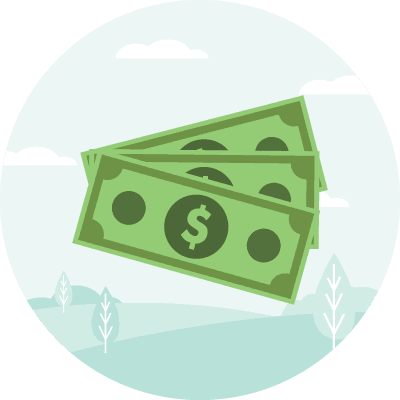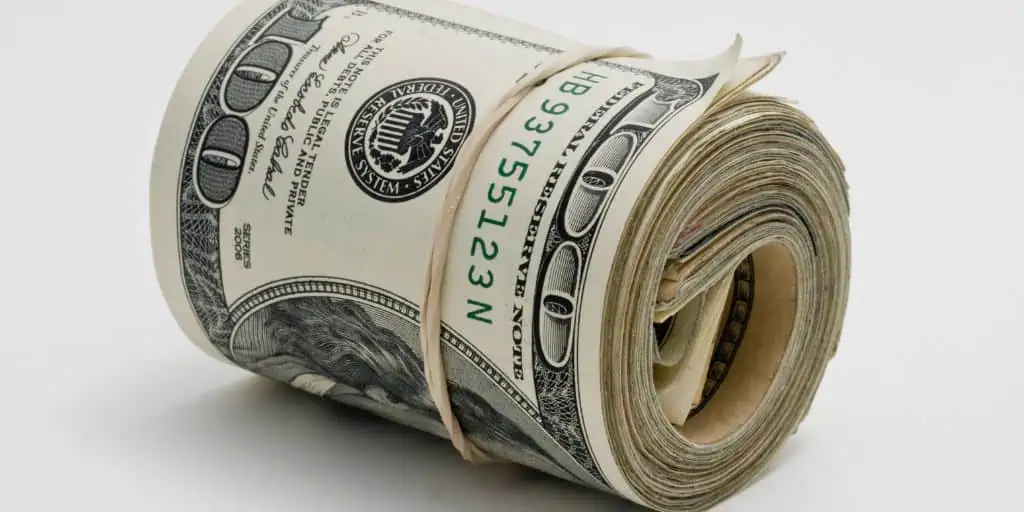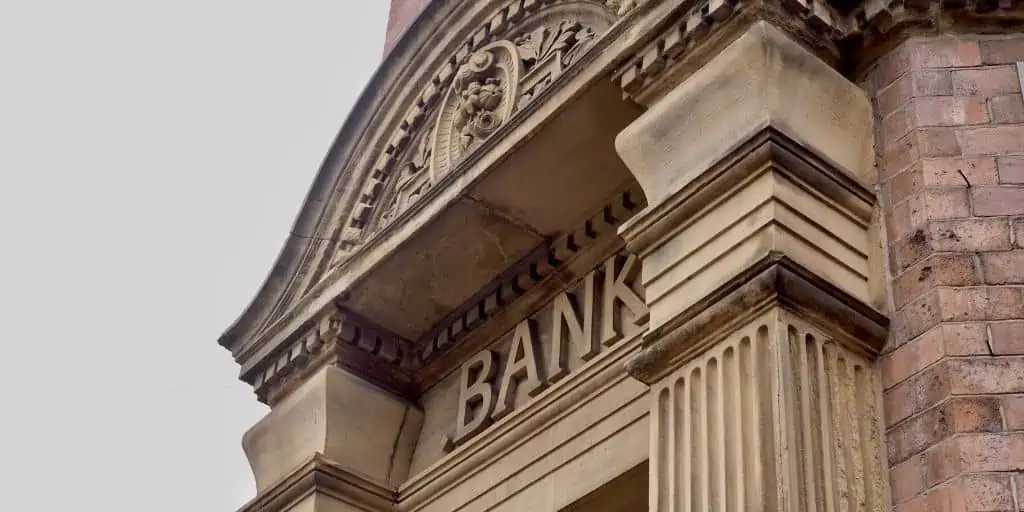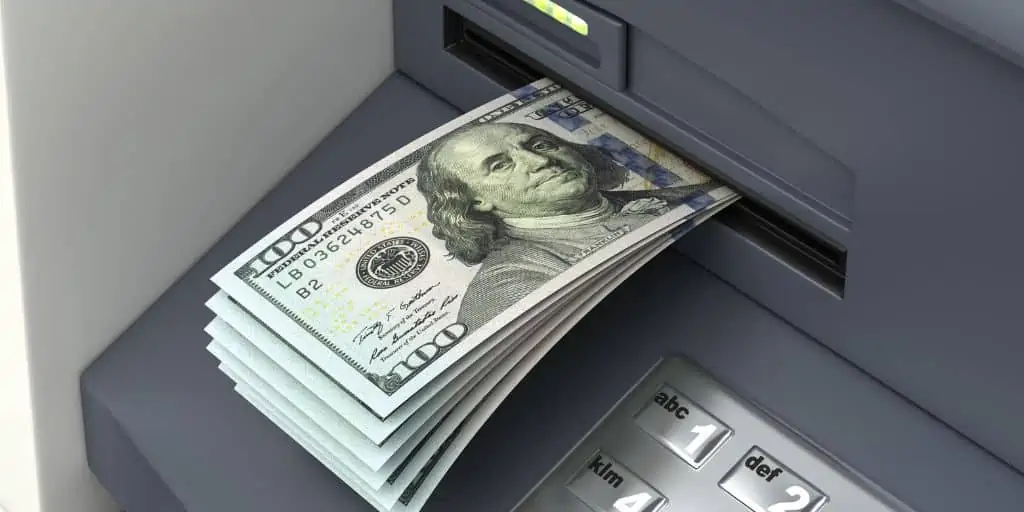What Is a Government-Sponsored Enterprise (GSE)?
What Do Government-Sponsored Enterprises (GSEs) Do?
Government-sponsored enterprises are private corporations that were originally chartered by the federal government. Their main goal is to enhance credit flow to certain areas of the economy, making capital more liquid[1]. While most GSEs are housing market-focused, some GSEs are specific to particular borrower classes or segments of the economy.
In general, housing GSEs enhance credit availability—and thus, borrowers’ access to loans—by doing the following:
- Guarantee third-party loans.
- Purchase mortgages on the secondary market.
- Bundle and securitize the purchased mortgages into bonds.
- Sell the bonds to investors[2].
Most GSEs are known in the real estate space in the U.S., making them heavily involved in the secondary mortgage market. These include the following government-sponsored enterprises.
Federal Home Loan Banks (FHLBs)
Federal Home Loan Banks were established in 1932 under the Federal Home Loan Bank System, an 11-bank consortium across the U.S. These banks’ main focus is mortgage financing as well as raising funds, mainly through bond issues. The 11 FHLBs cover Atlanta, Boston, Chicago, Cincinnati, Dallas, Des Moines, Indianapolis, New York, Pittsburgh, San Francisco, and Topeka[3].
Federal National Mortgage Association (Fannie Mae)
Established in 1938, Fannie Mae facilitates capital flow into the housing market through its mortgage purchases from lenders. It also guarantees and issues mortgage-backed securities[4].
Federal Home Loan Mortgage Corporation (Freddie Mac)
Congress chartered Freddie Mac in 1970 to support the U.S. housing finance system. Like Fannie Mae, Freddie Mac also operates in the secondary mortgage market[5]. The main difference is that Fannie Mae buys mortgages from larger, commercial banks, while its counterpart buys mortgages from smaller and rural banks.
BY THE NUMBERS: The U.S. mortgage-backed security market holds more than $11 trillion in securities outstanding and records close to $300 billion in average daily trading volume.
Source: Federal Reserve Bank of New York
Fannie Mae vs. Freddie Mac
While these real estate industry GSEs have many similarities, there are also significant differences[6].
To start, they differ in mortgage sourcing. Fannie Mae buys mortgages from larger commercial banks. The mortgage purchases of Freddie Mac, on the other hand, are focused on much smaller banks.
The rationale for their formation also differs. Congress created Fannie Mae essentially to enhance funding for more affordable homes. Alternatively, Freddie Mac was meant to expand the secondary mortgage market further.
These GSEs also vary in their respective criteria for mortgage approval, such as the borrowers’ credit score, debt levels, and current income. In addition, the down payment requirements on their mortgage programs are notably different.
Borrower-Specific GSEs
Some government-sponsored enterprises were created for specific borrowers.
Farm Credit System and Farmer Mac
Farmers were the beneficiaries of the first GSE in the U.S., the Farm Credit System (FCS), created in 1916. The FCS is a national financial cooperative of agricultural and aquatic producers, rural homeowners, and certain agriculture-related cooperatives and businesses.
The Federal Agricultural Mortgage Corporation (Farmer Mac), established in 1987, although a separate GSE, is regulated under the FCS umbrella[7]. The FCS is the only GSE that lends directly to borrowers.
Notably, Farmer Mac also participates in the secondary mortgage market, specifically for rural housing loans. Its charter’s scope of activities in the farming sector is broader; it also covers rural cooperative loans[8] on top of agricultural real estate mortgage loans.
Sallie Mae
The Student Loan Marketing Association, or Sallie Mae, was set up in 1972. For more than 30 years, this GSE made more student loans accessible for students. The federal government spun it off in 1994, and Sallie Mae became a fully private company[9].
Ginnie Mae
The Government National Mortgage Association (GNMA), or Ginnie Mae, performs functions similar to Fannie Mae and Freddie Mac. Unlike those GSEs, Ginnie Mae has no private holding interest.
Ginnie Mae is a government-owned and self-financing corporation focused on expanding credit for affordable housing. It guarantees mortgages on affordable homes so their lenders can get a better price on their secondary mortgage market placements{10].
Mortgage-Backed Securities and GSEs
GSEs, at least in the secondary mortgage market, bundle and securitize the mortgage loans they buy into packages called mortgage-backed securities (MBSs). Investors then buy these securities to gain income from the monthly payments from borrowers.
MBSs are among the world’s largest and most liquid fixed-income markets. The MBS market is estimated at over $11 trillion in securities outstanding, with an average trading volume of close to $300 billion daily[11].
Investors can purchase individual MBSs through a broker as well as through exchange-traded funds (ETFs) or mutual funds. Depository institutions are the biggest MBS investors, followed by the Federal Reserve. Other buyers of these GSE bonds include international investors, mutual funds, and money market funds. MBS issues draw investors because they often offer higher yields than U.S. Treasury bonds[12].
Takeaways
- Government-sponsored enterprises (GSEs) are government-chartered private corporations that enhance credit flow to vital sectors of the American economy.
- The most well-known GSEs are Fannie Mae and Freddie Mac.
- GSEs play a major role in financing housing and generating activity in the secondary mortgage market by buying mortgage loans from the primary mortgage market, bundling and securitizing them into mortgage-backed securities (MBSs), and selling them to investors.
- Indirectly, GSEs allow more borrowers access to liquid capital and make longer mortgage terms feasible for mortgage owners.
Sources
- Segal, T. (2020.) Government-Sponsored Enterprise (GSE). Investopedia. Retrieved from https://www.investopedia.com/terms/g/gse.asp
- Meggit, J. (2018.) What Are Mortgage GSEs? SFGATE. Retrieved from https://homeguides.sfgate.com/mortgage-gses-8924.html
- Segal, T. (2021.) Federal Home Loan Bank (FHLB) System. Investopedia. Retrieved from https://www.investopedia.com/terms/f/fhlb.asp
- Fannie Mae. (n.d.) About Us. Retrieved from https://www.fanniemae.com/about-us
- Monke, J. (2016.) Farm Credit System. Congressional Research Service. Retrieved from https://sgp.fas.org/crs/misc/RS21278.pdf
- Freddie Mac (n.d.) About Freddie Mac. Retrieved from https://www.freddiemac.com/about
- Dehan, A. (2022.) Fannie Mae Vs Freddie Mac: What’s The Difference? Rocket Mortgage. Retrieved from https://www.rocketmortgage.com/learn/fannie-mae-vs-freddie-mac
- Farm Credit Administration. (n.d.) About Farmer Mac. Retrieved from https://www.fca.gov/farmer-mac-oversight/about-farmer-mac
- NCLC. (2014.) The Sallie Mae Saga: A Government-Created, Student Debt Fueled Profit Machine. Student Loan Borrower Assistance. Retrieved from https://www.studentloanborrowerassistance.org/sallie-mae-saga-government-created-student-debt-fueled-profit-machine/
- Ginnie Mae (n.d.) Funding Government Lending. Retrieved from https://www.ginniemae.gov/about_us/who_we_are/Pages/funding_government_lending.aspx
- Fuster, A., Lucca, D., Vickery, J. (2022.) Mortgage-Backed Securities. Federal Reserve Bank of New York. Retrieved from https://www.newyorkfed.org/medialibrary/media/research/staff_reports/sr1001.pdf
- Kenny, T. (2022.) The Risks and Returns of Mortgage-Backed Securities (MBS). The Balance. Retrieved from https://www.thebalance.com/what-are-mortgage-backed-securities-mbs-417136












